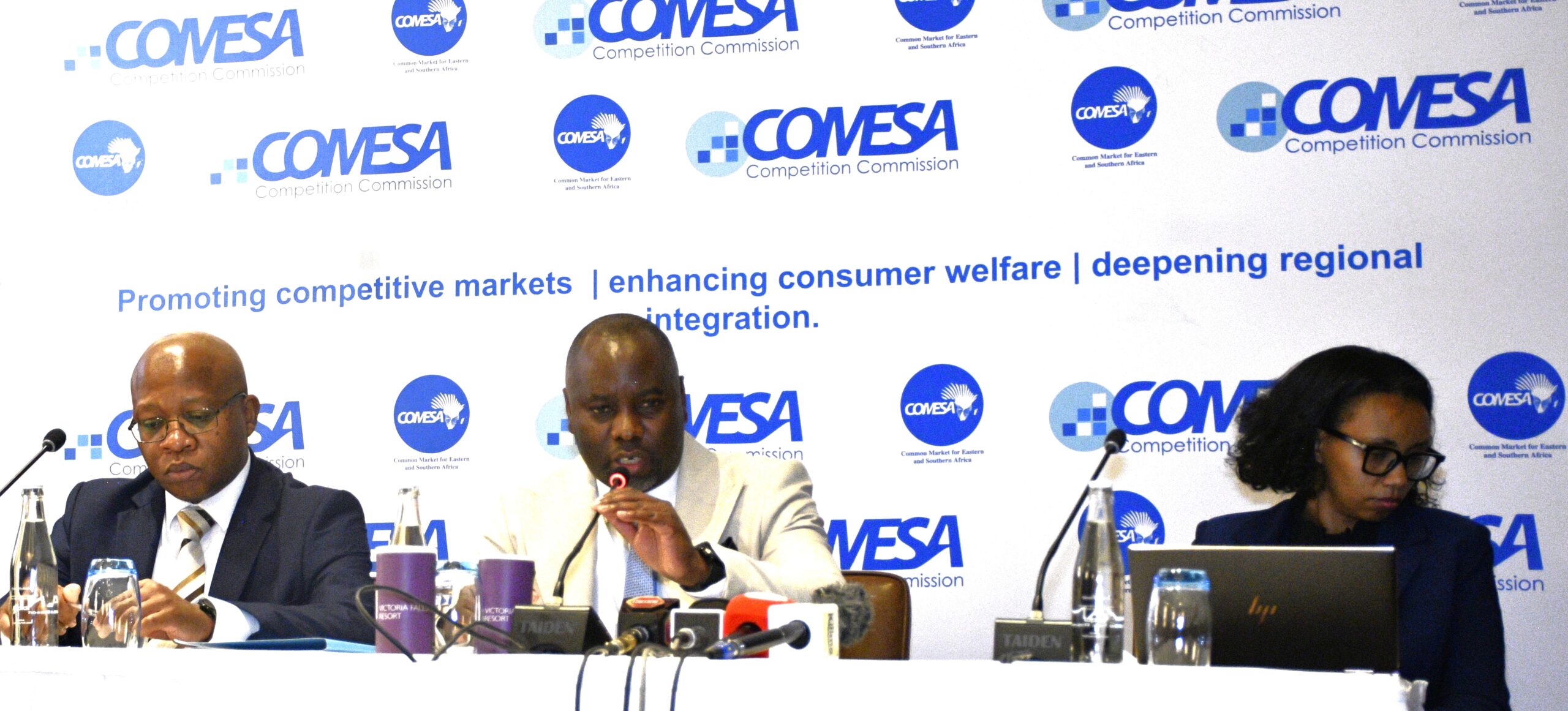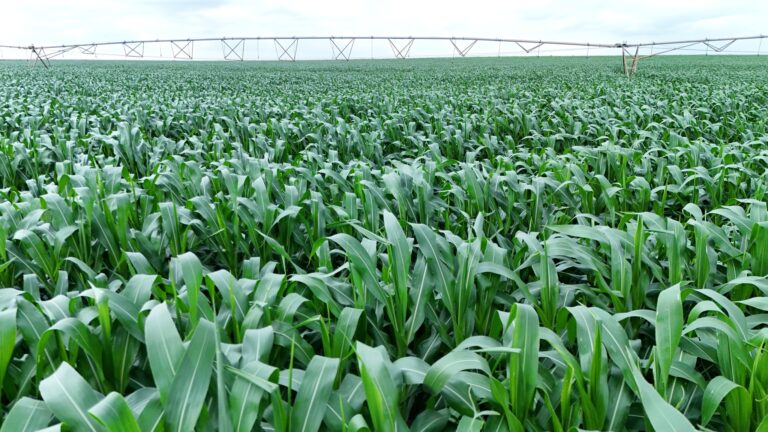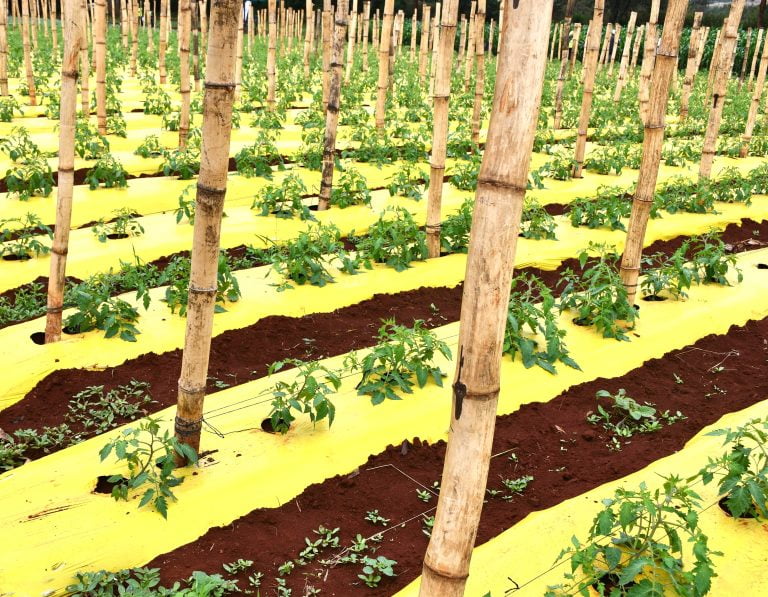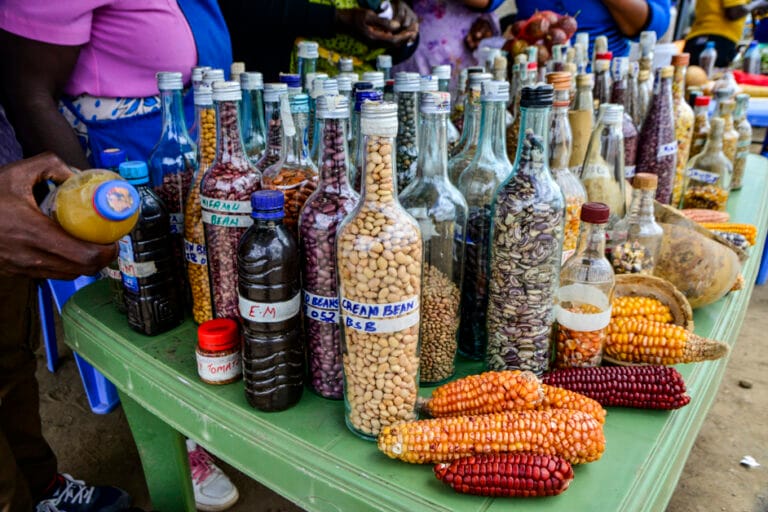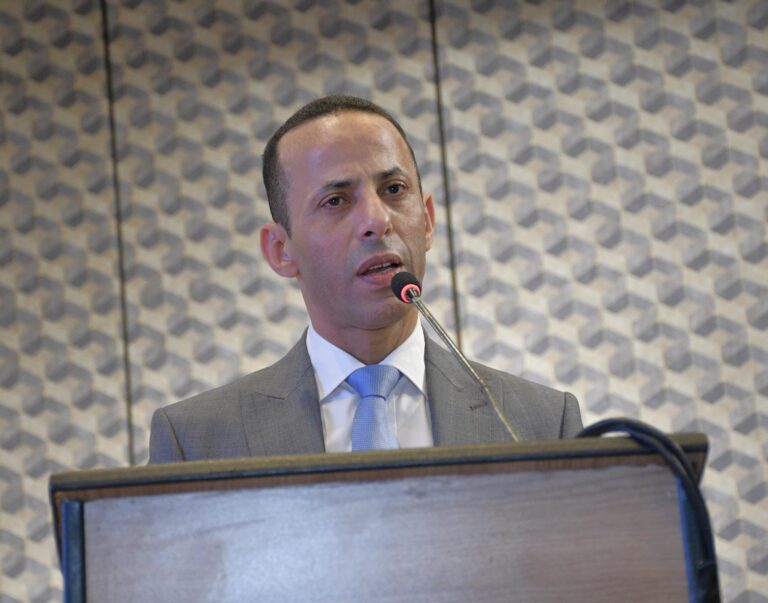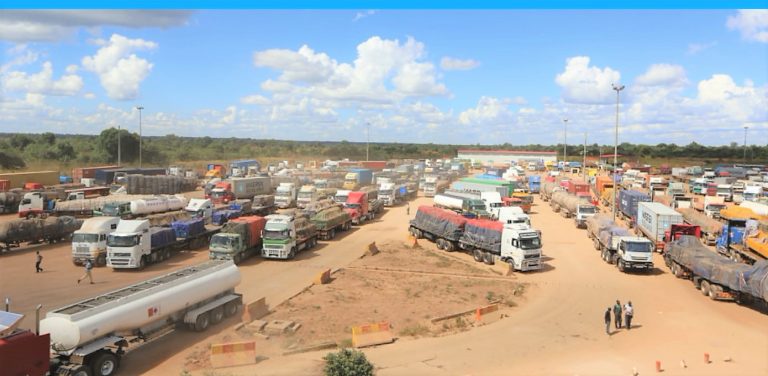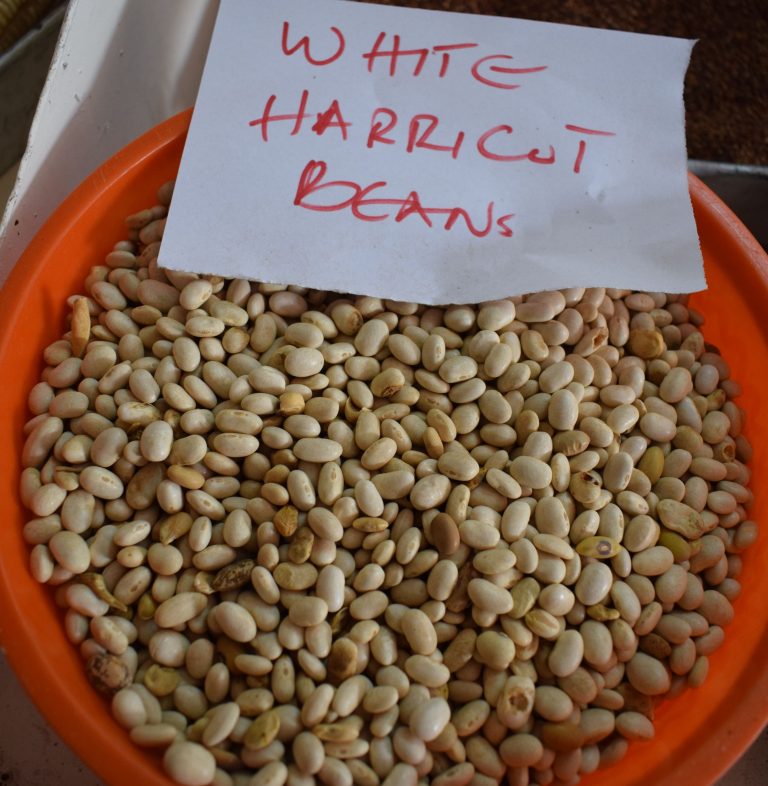By Kimuri Mwangi
Abuse of dominance after mergers and acquisitions by companies in the agriculture sector have impoverished farmers and led to high cost of food in the Comesa region.
Comesa Competition Commission Director and Chief Executive Officer Dr Willard Mwemba says that there has been an increase in mergers and acquisitions in the agriculture sector but also in anti-competitive practices. In an exclusive interview with Kilimo News during the 8th Business Reporters Workshop and 2nd Annual Press conference held in Livingstone Zambia from 19th to 20th August, Dr Mwemba said that some companies are colluding to get undue advantage in the agriculture sector.
“There’s a reason why companies merge. One of the reasons is basically to enhance efficiencies and synergies but sometimes the reason may also be to make sure that they gain a competitive advantage by becoming dominant. But in the quest to do so, sometimes companies by the dominance that they acquire end up abusing it in terms of making it very difficult for other business players, especially in the agri-sector, to operate in that market. They also make it very difficult for the farmer who is the most important stakeholder in the agri-value chain, by giving them very low prices. Now you agree with me that when you’re giving a farmer very low prices what happens is you make farming unattractive and when it becomes unattractive the produce keeps on going low and low and you exacerbate poverty,” said Dr Mwemba.
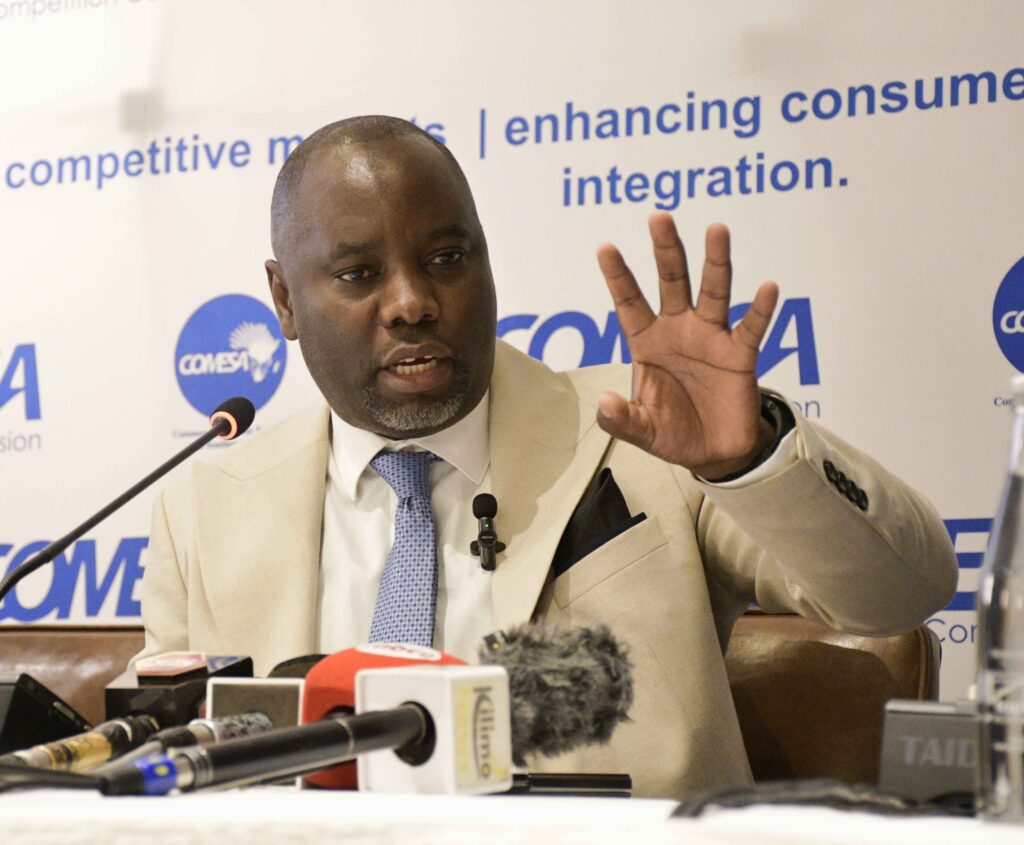
The COMESA Competition Commission is a regional body established under Article 6 of the Regulations made under the Treaty establishing the Common Market for Eastern and Southern Africa (COMESA). The Commission’s core mandate is to enforce the provisions of the Regulations with regard to trade between Member States and promote competition within the Common Market through monitoring and investigating anti-competitive practices of undertakings within the Common Market and mediating disputes between Member States concerning anti-competitive conduct.
According to Dr Mwemba, the activities in the agri-sector underscore the importance of the commission intervening so that the markets work efficiently for the benefit of the farmer, the consumer and that of the member states and the economy at large. He explains that big traders often suppress the price to farmers because they are dominant. So even if the farmer chooses not to deal with them, the alternative is wastage, and since they will not get anything, they are forced to sell at this suppressed price.
“If we resolve all these concerns that we are talking about by putting in the right policies the suppressed price at farmer level will no longer be there. The farmer will be getting a good price for his produce. With this I want to inform you that the commission has actually not just been waiting for investigations but it has also been very proactive in engaging in research in the agri- and food markets to identify if there are any concerns that would be worth investigating because sometimes just waiting for an investigation, it may never come and you may not see the case immediately. So, we are researching, and we’ve identified a number of issues which may result in an investigation because we’re able to see who the culprits are but secondly it may also result in policy recommendations which may assist our governments to put in policies that may assist the sector,” opines Dr Mwemba.
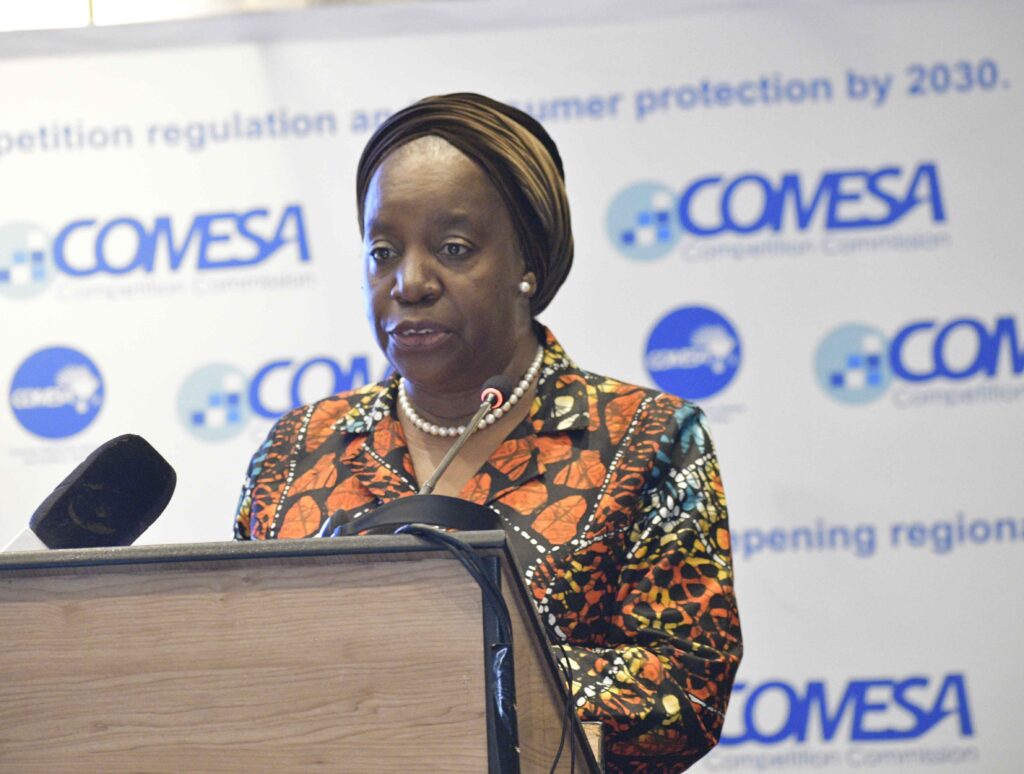
Comesa Competition Commission is also talking to the International Competition Network (INC) which involves almost all competition authorities in the world that network. The objective is to push the food and agriculture issue and its importance to be known at global level not just in Comesa. The Comesa Competition Commission working together with the Competition Commission of South Africa and the Competition Authority of Kenya have been engaged in the International Competition Network special project on food where these matters are being discussed at global level.
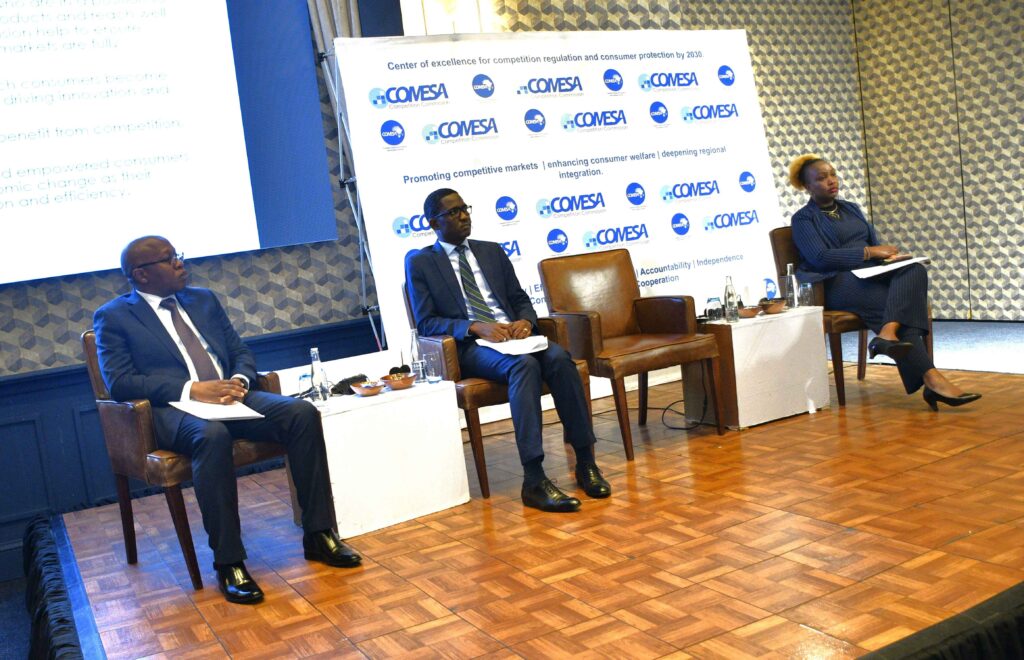
Dr Mwemba adds that “The importance is that once there is this momentum at global level, whoever is involved in those unorthodox or bad activities at the national, continental or even local level will have to think twice because everyone knows about the issues that should not be happening in that sector. That’s the importance and the Comesa Competition Commission has been given the leadership at the global level to ensure that it collates information from all jurisdictions which will form the basis and benchmark of what should happen or not happen in other regions.”
Since Comesa is an agrarian economy, the Comesa Competition Commission also met the ambassadors accredited to Comesa showing them the challenges, concerns and the impact of certain policies that are in place in the agri-sector and alternative policies that may assist if considered to change the situation. This is intended to ensure that Comesa member states align their policies in a way that they will work in harmony across the region. In the past there has been conflict that made it hard to move agriculture produce between countries.
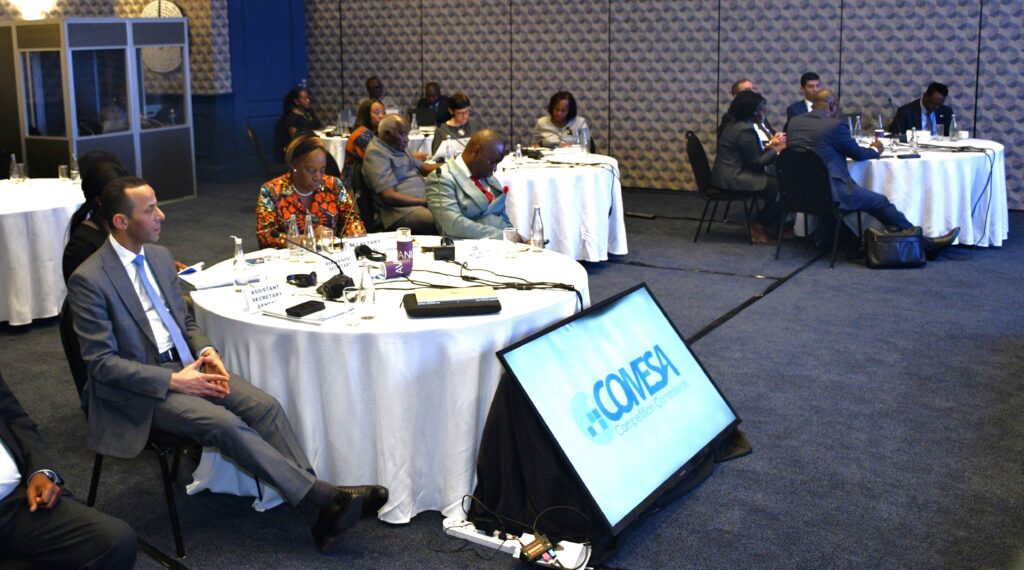
“If the farmer can easily export, he or she will have an alternative of bypassing the traders and exporting on their own, but it will be those good policies in place that will allow this. If the farmer is getting a good price, agriculture will once again become attractive, and poverty will be lessened and poverty not just at farmer level but also at consumer level. Your disposable income would have more value if the price at which you buy food is lower than what it is today because today most of us are spending a bigger chunk of our income just on food and sometimes it’s not even enough.” opined Dr Mwemba.


